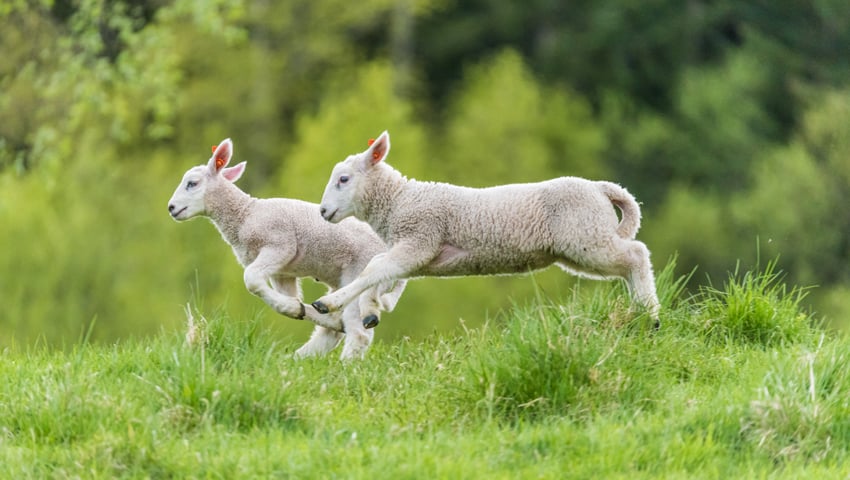HUMAN Behaviour Change for Life (HBCL) has finalised the results of an ambitious and globally important exploration, into the business case for transporting carcasses instead of live animals from the European Union (EU) to Third Countries.
Using advanced modelling, case studies and evidence-based approaches, this ground-breaking research revealed a compelling finding: exporting live animals was nearly 2.5 times more costly, and had nearly six times the CO2 emissions (CO2e) per kilo than transporting carcasses.
With increasing awareness of the environmental, health and animal welfare implications of consuming meat, coupled with the need for a more sustainable approach to feeding a growing global population, this report paints a positive vision of what the agricultural sector can achieve, offering a roadmap toward a future where the world is fed responsibly and sustainably.
Jo White, Co-Director of Human Behaviour Change for Life, said, “As we navigate a changing world and the challenges of creating a sustainable food system for a growing population, these insights shine a light on a path that harmonises economic progress with environmental and ethical considerations. Namely, transitioning from a trade in live animals for slaughter to that of carcasses is better for people, animals and the planet.”
Potential pathways are revealed that have multi-layered benefits including reducing the impact of climate change and the spread of disease, improving socio-economic considerations and the wellbeing of those involved in the trade, and improving the welfare of animals in the process.
The findings of this research are poised to serve as a valuable resource for policy makers and the agricultural sector, guiding decision makers toward improving processes that benefit economies, the environment, society, and animal welfare.
Susanna Blattner, Transport and Slaughter Policy Officer at Eurogroup for Animals who commissioned the research, said, “This report clearly highlights that the transport of meat and carcasses over live animals not only benefits animal welfare and public health, but also makes economic and environmental sense. The findings of this report simply cannot be ignored.”
Read the report, Business case: the benefits of a carcass over a live animal trade
